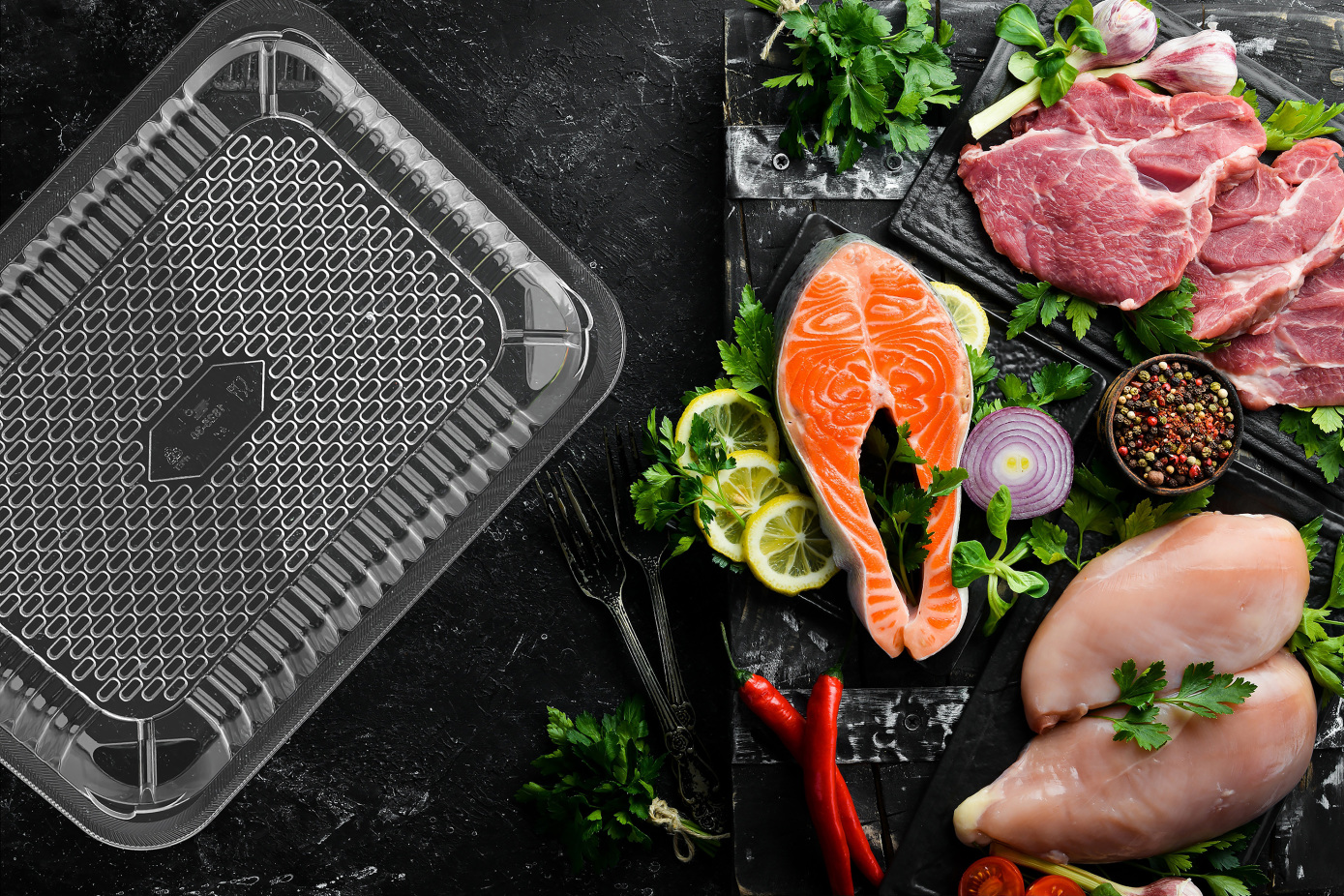Progress and Results of the First Project Phase (Status April 2025): Advancements in PET Recycling and Flake Sorting Technologies
Recent results from the CircuTray-UP project include, among other things, the material analysis of various post-consumer PET wastes from waste fraction 328-5, divided into multi-PET and mono-PET fractions. These analyses revealed a mass-based polyolefin content of 5–10% in multi-PET, 0.2–5% in mono-PET, and a PVC content of up to 0.2% in both fractions. In particular, the polyolefin content of the mono-PET fractions highlights the need for improvements in flake-level sorting.
Unisensor has already demonstrated that sorting PET flakes using the PowerSort can significantly reduce the foreign material content, especially PVC. In one trial, a reduction of the PVC content in the flakes to below 30 ppm was achieved in two sorting steps. Additionally, only through flake-level sorting was it possible to reduce the multilayer content in a mono-PET fraction by 50%. The polyolefin content of the multi-PET flakes could be removed at laboratory scale through solvent-based recycling, enabling the processed flakes to be used in flat film extrusion. For scaling up the solvent-based recycling to demonstration scale—consisting of iterative removal of polyolefin components via selective extraction—a plant concept was developed. Preparations for the planned scaling to demonstration scale in the third quarter of 2025 are currently underway; a prior scaling to small technical scale took place in April 2025.
To apply a virgin PET layer as a functional barrier while maintaining thermoformability, various recycling-compatible adhesives as well as single- and double-sided extrusion lamination were tested. All tested application methods allowed processing via thermoforming processes, with adhesive-free extrusion lamination achieving the best optical results. Verification of the actual barrier performance on the thermoformed component will begin from June 2025. Results are expected at the earliest in September 2025.


